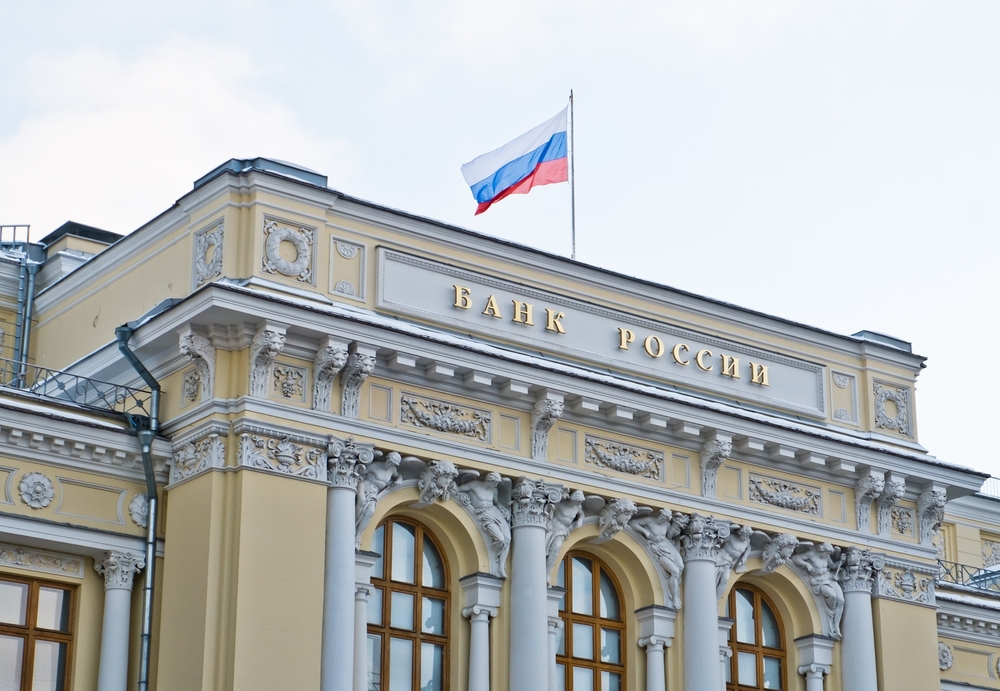Nabiullina suggested the possibility of suspending yuan trades in Russia, similar to previous suspensions of dollar and euro trades.
Others are reading now
In recent years, China and Russia have significantly strengthened their economic and political ties. The two nations not only actively trade and support each other on the international stage, but they are also promoting the use of their national currencies in international transactions.
Caught Off Guard
According to ABNews this partnership faced unexpected scrutiny during a recent press conference in Moscow, where Russian Central Bank head Elvira Nabiullina made a surprising statement about the future of the Chinese yuan in Russia.
During the press conference, Nabiullina discussed various challenges, including difficulties with cross-border payments.
Despite these hurdles, she emphasized that businesses are adapting to the new economic landscape. However, her response to a question about the prospects of trading the yuan on the Russian exchange caught many off guard.
Also read
Nabiullina suggested the possibility of suspending yuan trades in Russia, similar to previous suspensions of dollar and euro trades.
Potential Risks
She noted that the Central Bank is considering all potential risks, and such a scenario is not off the table. This statement puzzled many in China, sparking concerns about whether Russia might distance itself from the yuan and, by extension, from China.
“When financial sanctions were imposed on Russia, President Putin took two decisive actions,” Chinese observers from Sohu noted. “First, he required ‘unfriendly countries’ (the US and Western nations) to pay for natural gas in rubles. Second, he strengthened cooperation with China, relying on the yuan as a reserve currency for international transactions.”
These measures helped stabilize the ruble and mitigate the impact of Western sanctions. Given this context, it seems unlikely that Russia would benefit from abandoning the yuan. So what did Nabiullina mean with her remarks?
According to Chinese journalists, she hinted that there are global forces unhappy with the Sino-Russian cooperation, likely referring to the US, which has long threatened China with repercussions for its partnership with Moscow.


